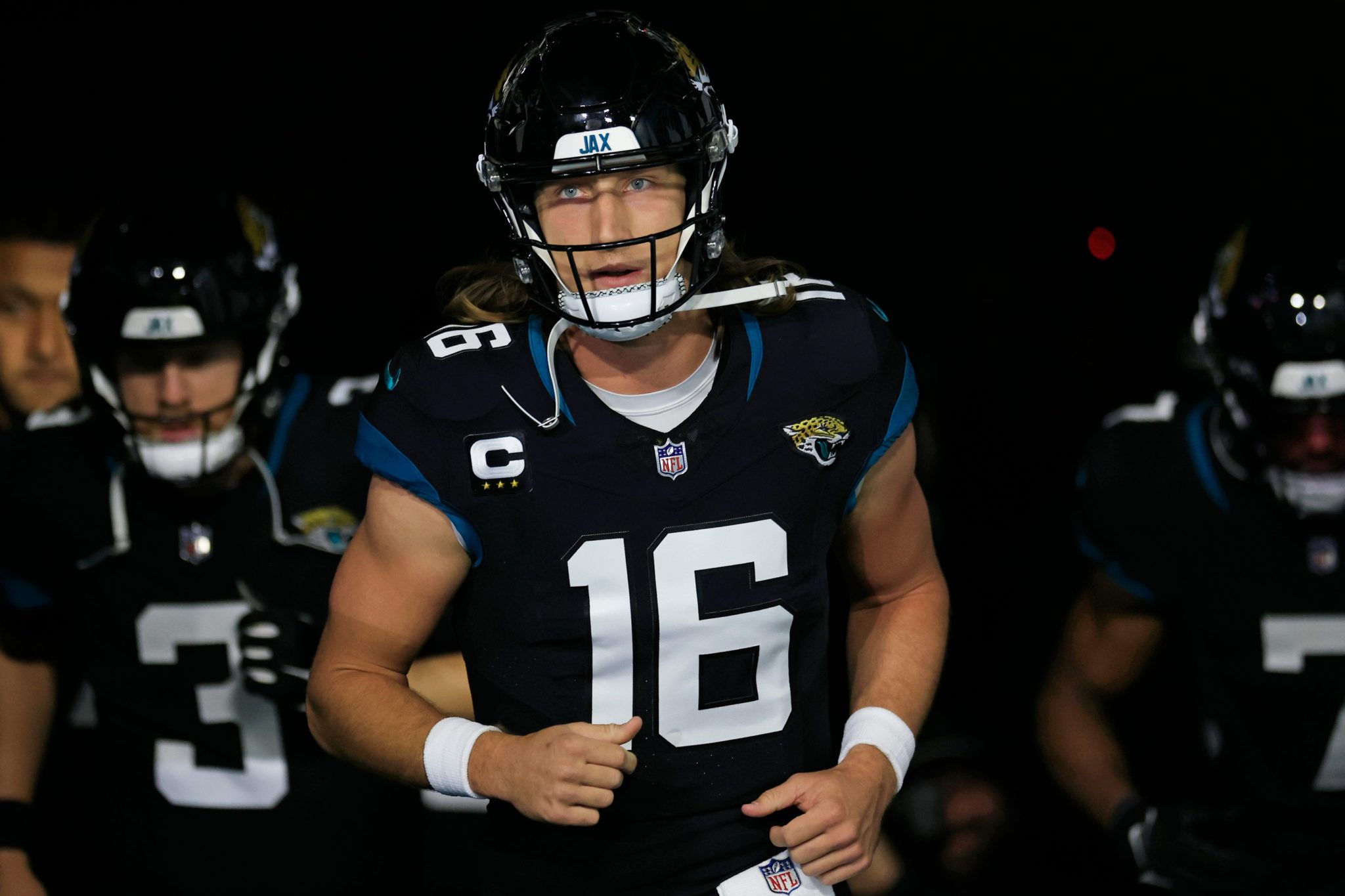How to Bet on the NFL Preseason
While preseason games don’t count towards the regular season standings and usually feature limited appearances from star players, they still offer up plenty of betting opportunities. If you’re new to betting on the NFL preseason, here’s a guide to help you get started.
Understanding NFL Preseason Odds
Preseason games usually begin with the Hall of Fame Game in early August, followed by three weeks of games. Unlike the regular season, preseason games are less predictable due to the experimental nature of team lineups and strategies. You’ll see that oddsmakers will set point spreads close to key numbers like 3, reflecting uncertainty about player rotations and team performance.
How to Bet on NFL Preseason Games
Betting on the NFL preseason involves many of the same types of wagers as the regular season, including point spreads, moneylines, and totals. However, it’s essential to approach these bets with a different mindset.
Preseason Point Spread Betting
This is the most common type of bet, where you wager on the margin of victory. Oddsmakers set a spread, and you bet on whether a team will win by more than that spread (cover) or if the other team will lose by less than the spread (cover) or win outright.
Example: If the New England Patriots are favoured by 3 points against the New York Jets, the point spread might look like this:
- Patriots -3: If you bet on the Patriots, they must win by more than 3 points for your bet to win.
- Jets +3: If you bet on the Jets, they must win outright or lose by less than 3 points for your bet to win.
If the Patriots win by exactly 3 points, it’s a “push,” and all bets are refunded.
Preseason Moneyline Betting
A moneyline bet is the most straightforward of bets – you’re just betting on which team will win the game. The odds reflect the perceived strength of each team, with favorites requiring a larger bet to win a smaller amount and underdogs offering a bigger payout for a smaller wager.
Example: In a game between the Green Bay Packers and the Chicago Bears, the moneyline could look like this:
- Packers -150: You need to bet $150 to win $100 if the Packers win.
- Bears +130: A $100 bet on the Bears would win $130 if they win.
Moneyline bets are simple but often require more risk for favorites, which can be crucial in unpredictable preseason games.
Totals (Over/Under)
A totals bet involves wagering on the combined number of points scored by both teams in a game. Oddsmakers set a line, and bettors decide if the actual score will be over or under that total.
Example: If the total for a game between the Dallas Cowboys and the Houston Texans is set at 45.5:
- Over 45.5: If you bet on the over, you need the combined score of both teams to be 46 or more points.
- Under 45.5: If you bet on the under, you need the combined score to be 45 or fewer points.
Read more about Over/Under Totals bets here.
Preseason Prop Bets
Prop bets, or proposition bets, are wagers on specific events within a game rather than the outcome. These can range from player performance to team milestones.
Example: Common prop bets in the preseason might include:
- Will a specific quarterback throw for over/under a certain number of yards?
- Will there be a defensive or special teams touchdown in the game?
Prop bets are especially popular in preseason games as they allow bettors to focus on individual player performances, which can be more predictable than the overall game outcome.
5. Live Betting
Live betting, also known as in-game betting, allows you to place wagers while the game is ongoing. Odds and lines are updated in real-time based on the game’s progression, providing opportunities to bet on new outcomes as the game progresses.
Example: If a team is down by a touchdown at halftime, you might bet on them to stage a comeback and win or cover the spread based on adjusted odds.
Check out our article on live betting to learn more.
A Few NFL Preseason Betting Tips
Betting on the NFL preseason is a different game compared to the regular season. These games don’t impact standings, so teams often use them to test new players and strategies. Understanding team motivation is key. Some teams might push for a win, especially if they have a new coach who’s looking to make a statement, while others will just be trying to avoid injuries.
Quarterback rotations are also crucial. Starters usually play limited snaps, leaving more time for backups and rookies. Teams with strong depth at QB can have an edge, especially in the second half. Keeping track of expected quarterback play can be a big advantage if you’re throwing down.
Coaching styles vary too. Some coaches focus on winning preseason games, while others use them solely for evaluation. Knowing a coach’s tendencies can help you figure out what their game plan might be.
Stay updated with the latest news as the week progresses. Details on player participation and injuries often become clearer, influencing betting lines. The best preseason bettors react quickly to new information, so monitoring line movements can provide you with some good insights.
Teams often play aggressively in preseason, avoiding overtime scenarios. This can lead to unexpected play-calling, impacting the spread.


